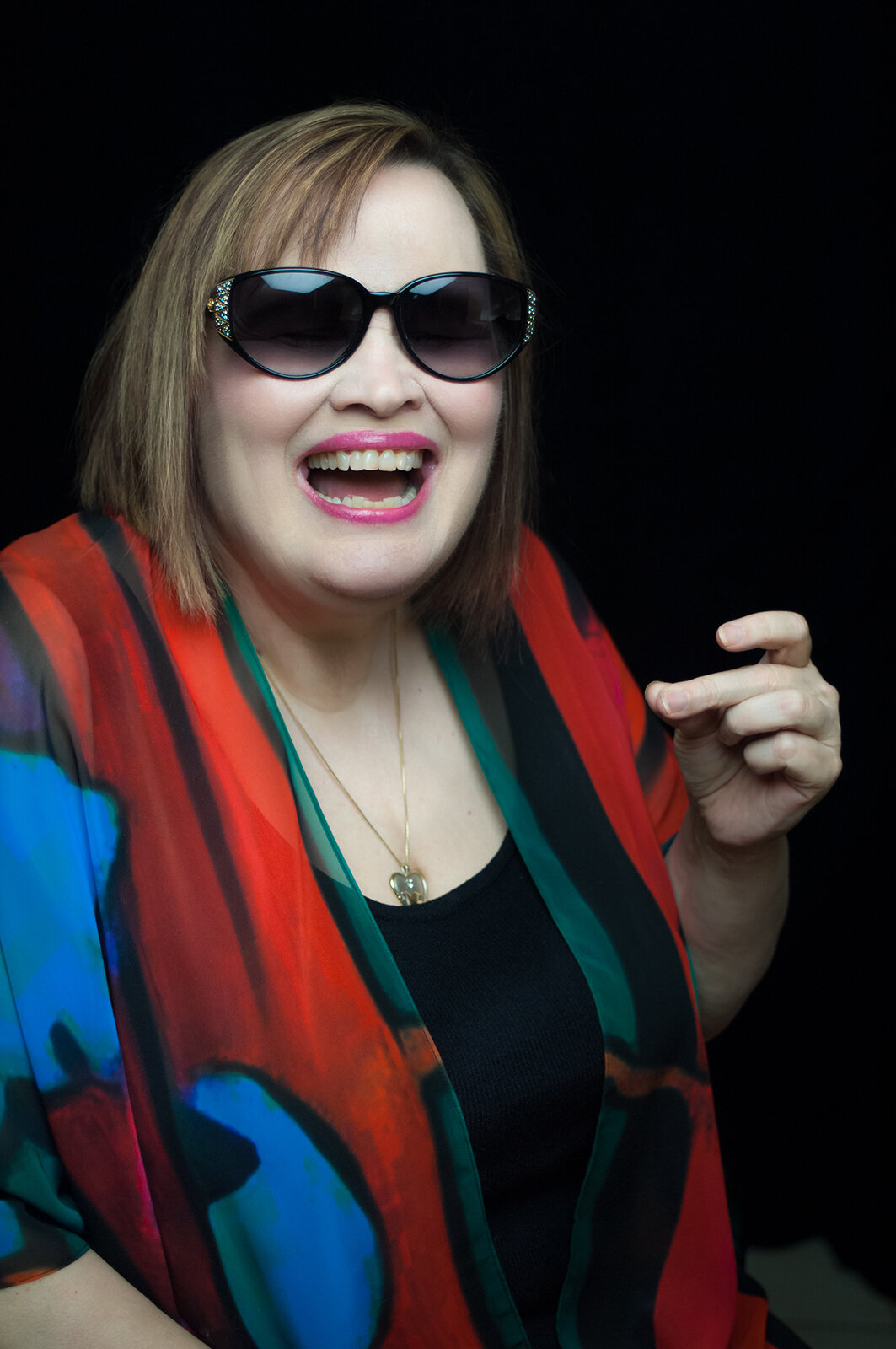Learning to Listen: Diane Schuur records an album for these times on Running on Faith
Diane Schuur’s exultant 1987 version of Aretha Franklin’s gospel song “Climbing Higher Mountains” from her Grammy winning live set with the Count Basie Orchestra is one of her quintessential performances. Blessed with great time, a formidable vocal range, and a penchant for gospel, she and her brassy compatriots fuse gospel and swing seamlessly. Her resistance to boundaries continues to shine brightly on 2020’s Running on Faith her expansive understanding of the blues. Running extends a tradition of the unexpected she displayed earlier on the fusion of gospel, jazz, and R&B on 1988’s Talkin’ ‘Bout You and her transcendent approach to the nominally “country” songs featured on 2011’s The Gathering.
Jazz vocalist Diane Schuur’s 2020 album Running on Faith captures a moment of social , cultural, and spiritual unrest with introspection and flair.
Schuur (b. 1953) emerged as a promising jazz and traditional pop vocalist via a1982 White House concert performance televised on PBS. After recording two jazz-pop hybrids,1984’s Deedles and 1985’s Schuur Thing, on the contemporary jazz label GRP Records she emerged as a first-tier jazz vocalist on 1986’s Timeless and 1987’s Diane Schuur and the Count Basie Orchestra. They earned her two consecutive Grammy awards for Female Vocal Jazz Performance and opened the door for her to explore a range of styles reflecting her innate eclecticism.
Though she sang in multiple blues styles on 1997’s endearing Blues for Schuur, Running is less pastiche than deeply personal statement. Schuur’s highly idiosyncratic and discernibly personal choices embody Ralph Ellison’s definition of the blues as “an autobiographical chronicle of personal catastrophe expressed lyrically” through its refreshingly idiosyncratic selection of songs. Few vocalists would begin an album with Percy Mayfield venture into jazz (Miles Davis, Dinah Washington) and singer-songwriter (The Beatles, Carole King, Paul Simon) territory and end with an instrumental version of “Swing Low Sweet Chariot” unless they were up to something. That something is an intimacy and soulfulness rare in recent vocal jazz.
Diane Schuur is famous for her wide ranging voice and powerful delivery style. On Running on Faith she accompanies herself on piano including an instrumental piano version of the spiritual “Swing Low Sweet Chariot.”
As on The Gathering, Schuur doubles on vocals and piano; this time around she emphasizes gospel chords over country progressions. She and her bandmates saxophonist Ernie Watts, trumpeter and flugelhorn player Kye Palmer, guitarist Thom Rotella, bassist Bruce Letters, and drummer Kendall Kay approach the 13 songs as a loose jam session. Though Schuur’s voice is the focus this a true band recording with plenty of space for everyone. In fact, she occasionally sacrifices vocal precision for feel and groove. Rotella and Watts have very lyrical solos on Mayfield’s “The Danger Zone.” She and Watts have an unexpected call and response interplay toward the end of “Let it Be.” The band sustains an infectious grove on “Everybody Looks Good at the Starting Line,” and her gospel steeped chords establish the optimal tone secular hymn vibe of “There is,” “Yonder,” and the title track.
Vocally, Schuur inflects nearly every song with gospel phrasing, ad-libs gleefully, and bears her soul more personally than ever. Dogged for years by critics for valuing sound over meaning she digs more deeply here than before, and her sights are both topical and spiritual. On “The Danger Zone” she states in almost parlando style, out of tempo, “You see the world is in an uproar.” After singing the initial verse and chorus of “Something So Right” the song nearly stops time and the band drops out, for her to emphasize its famous “Wall of China” lyric. Further, on her reprise of the couplets “Some people never say the words/I love you/It's not their style/To be so bold” she delves into a swing tempo. Near the end of “Let it Be” urges us to “Let it be/You gotta sing it with a smile.”
The subtext throughout is sage-like without being didactic: life can be wearying yet leave us in a hopeful rather than fatalistic state. Schuur punctuates her testimonies with guffaws; the singer, who is blind sings “Keeping your eyes closed/Is worse than being blind” pointedly in “There’s Always One More Time.” Unwilling to succumb to despair, political, social, or otherwise, Schuur performs passionately in unison scats on Pee Wee Ellis’s wordless groove tune “Chicken;” gives explicit emphasis to the gospel style build up to the lyrical climax of “This Bitter Earth,” “But while a voice within me cries/I’m sure someone will answer my call/And this bitter/ Bitter earth/May not/Oooh/Be so bitter/After all” in Clyde Otis’s “This Bitter Earth,”; and looks forward to the impending future promised on King’s “Way Over Yonder.” Schuur, alone on piano, ends her soulful recital with gentle, elegiac “Swing Low Sweet Chariot” that both clears the air and opens the door.
COPYRIGHT © 2020 VINCENT L. STEPHENS. ALL RIGHTS RESERVED.

